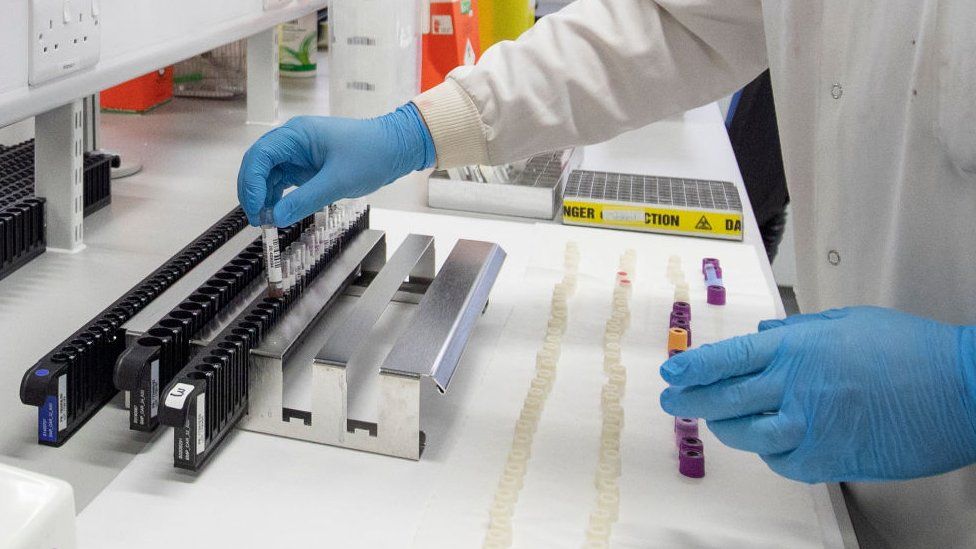HIV/AIDS Survey: A’Ibom People Not Promiscuous — Commissioner
Dr Dominic Ukpong, Akwa Ibom Commissioner for Health, had dismissed insinuations that promiscuity could be responsible for the high prevalence rate of HIV/AIDS in the state.
Nigerian HIV/AIDs Indicator and Impact Survey (NAIIS) revealed that Akwa Ibom had the highest prevalence rate of HIV in the country.
According to the survey, 5.5 per cent of people living with HIV in Nigeria are in Akwa Ibom, followed by Benue which has about 3.5 per cent prevalence rate.
Ukpong expressed worry that the high prevalence rate was being interpreted by many as a sign of promiscuity among the people of Akwa Ibom.
According to him, Akwa Ibom people are very religious and hold firmly to the tenets of chastity and fidelity.
He, however, noted that HIV/AIDS education was low and that the people were engaging in behaviour which exposed them to the virus, with particular reference to the activities of the Traditional Birth Attendants.
Ukpong said that the virus could be transmitted through other channels besides sex.
The health commissioner appealed to well-meaning individuals to get tested and to disclose their status to their partners.
Speaking earlier, Dr Sanmi Adedokun, the Director, Monitoring and Evaluation, said that the prevalence rate was higher along the coastal boarders which had a lot of immigration activities.
He said that the Akwa Ibom people, though having the highest rate in the last survey, had recorded a commendable drop in HIV/AIDS prevalence from 10.8 in 2014 to 5.5 in 2017.
Adedokun said that there should be a conscious inclusion of schools in HIV/AIDS sensitisation and education.
He explained that the survey also revealed that 79.3 per cent of adolescence had HIV/AIDS information from their teachers.
Dr Chris Obanubi gave the assurance that the prevalence rate in Akwa Ibom could be crashed.
He said that USAID was set to do more sensitisation to attend this goal.
He also called for community involvement and media inclusion to change the negative attitude of people toward fight against the virus.




